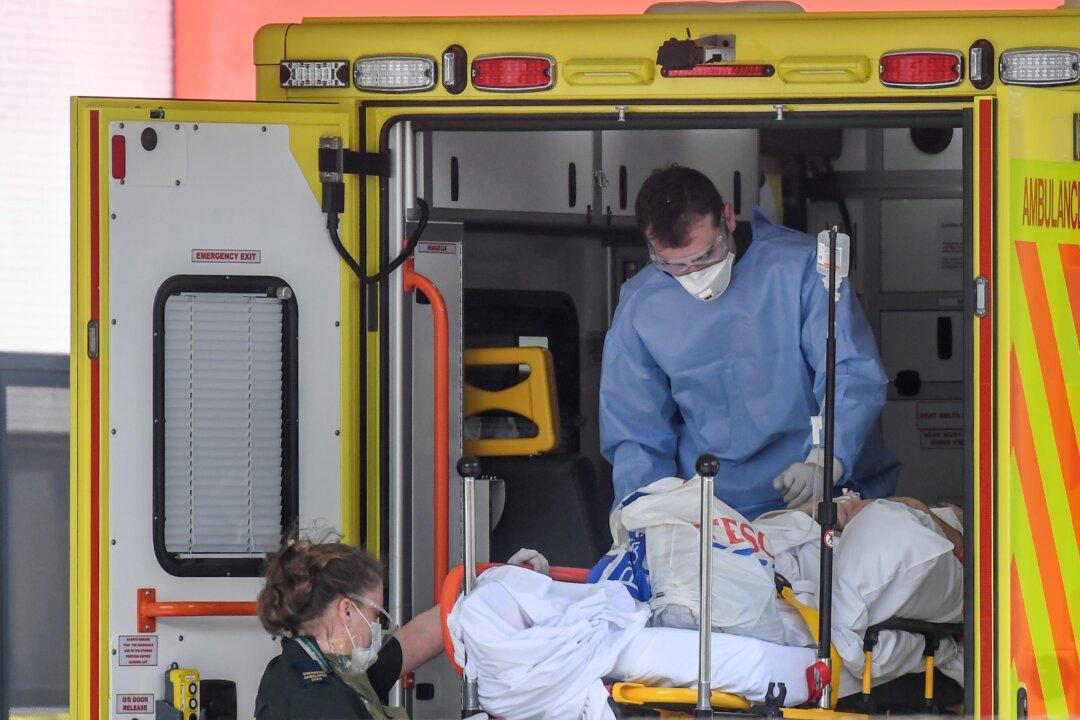Remote GP consultations—on the phone or via an online call—put patients at risk and can lead to missed or inaccurate diagnoses, a study has warned.
Conducted by health scientists at the University of Oxford and other UK universities, the study was published in BMJ Quality and Safety. It analysed 12 general practices across England, Scotland and Wales and looked at data from 95 UK safety incidents between 2020 and 2023 (including during the pandemic).





